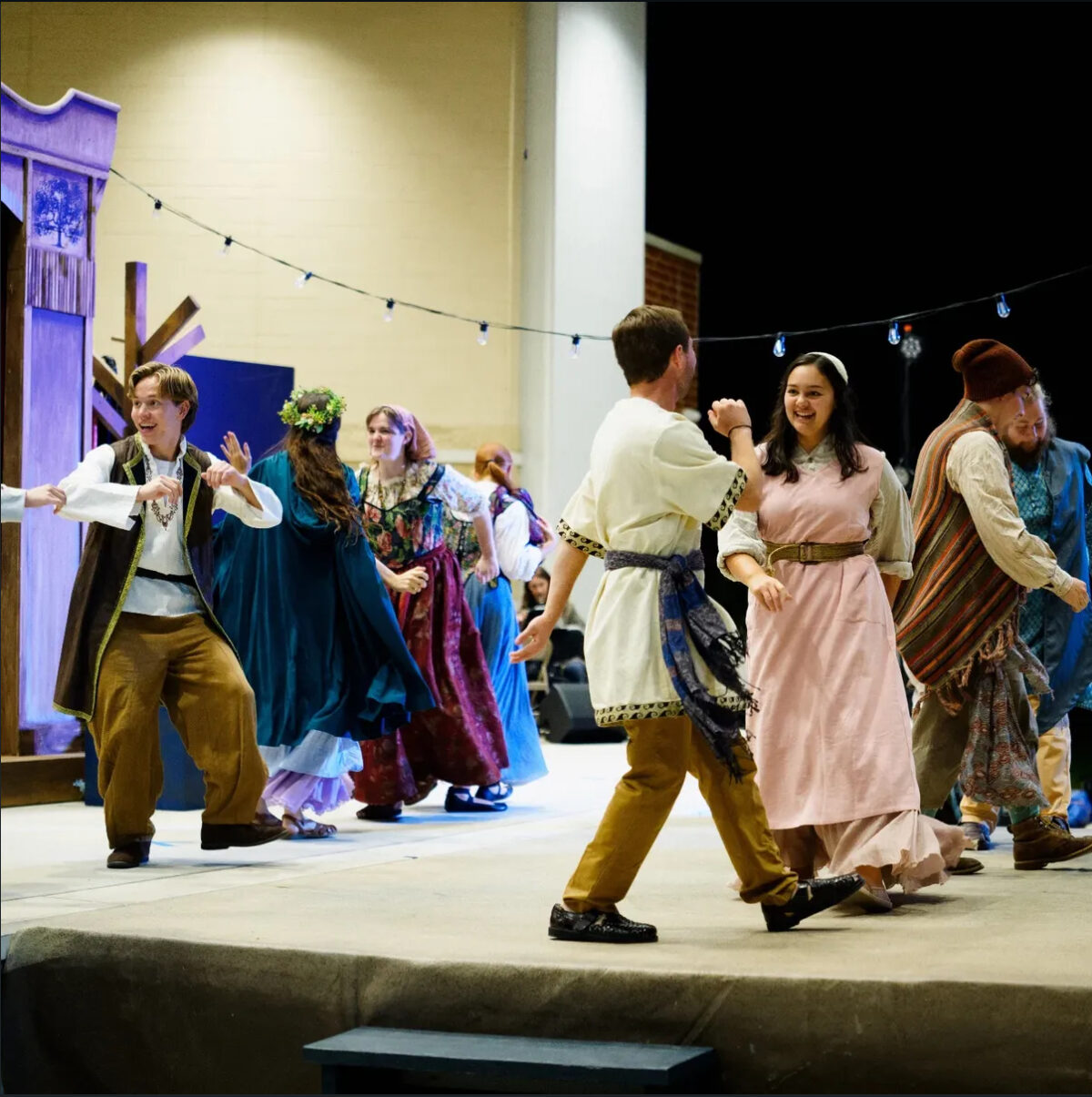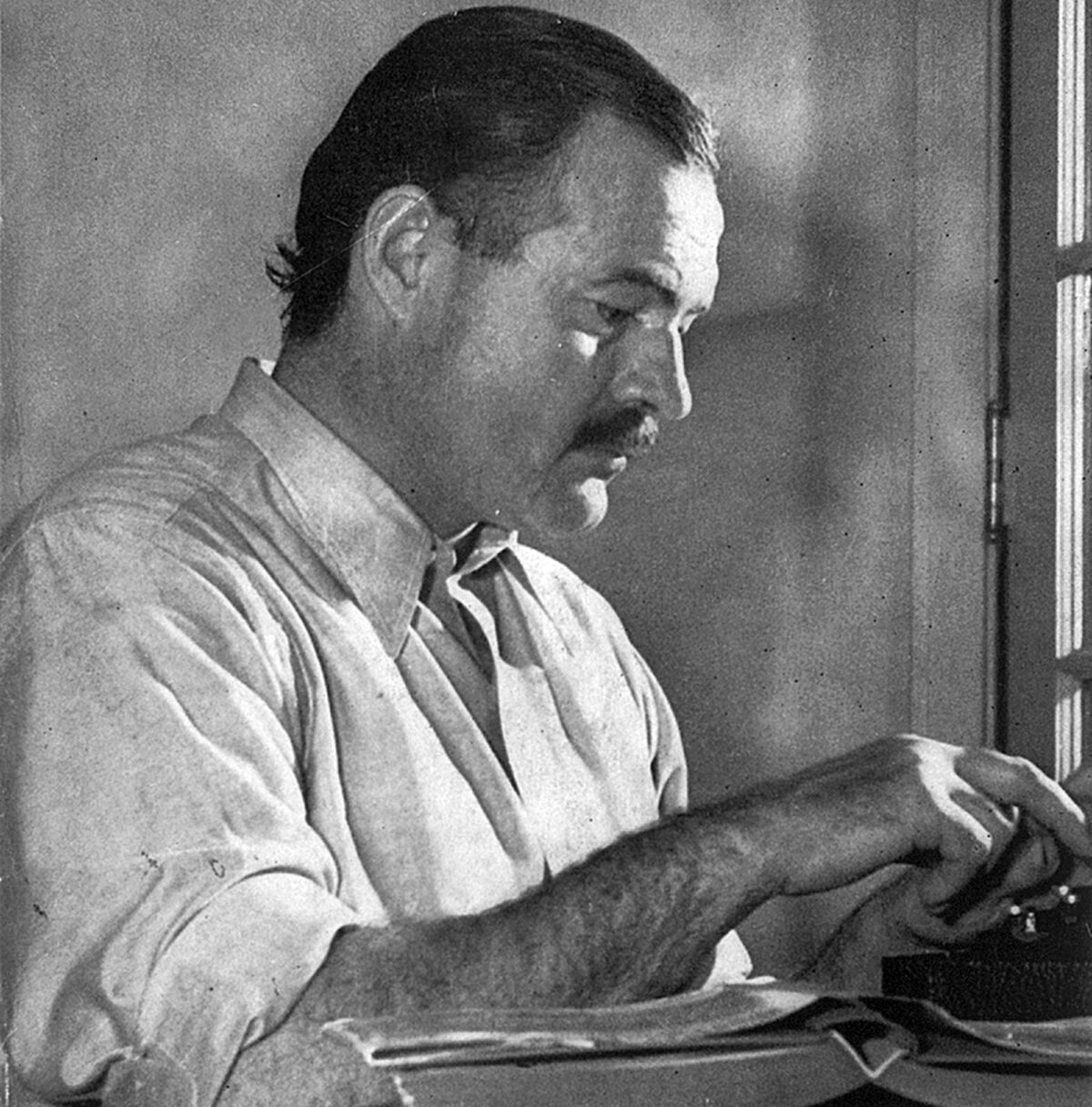“It is a heretic that makes the fire, not she who burns in it.”
William Shakespeare
This August, the Wheaton College Arena Theatre produced William Shakespeare’s The Winter’s Tale for their annual Shakespeare in the Park performance. This line encapsulates the beauty and heartbreak that was at the core of Arena’s production. While sitting on a blanket as the sky darkened, the air crisped, and the rain began to fall, I became increasingly aware of how similar King Leontes and I are. While I have never wrongly accused anyone of adultery and sentenced them to death, Leontes and I are both sinners tempted to listen to the lies of the evil one.
Watching this performance was my first experience with The Winter’s Tale. I was delighted to discover that, at its core, this play is a study in sin, and an accurate account of the way our imaginations can breed sinful thoughts. From the beginning of the play, Leontes, King of Scilia, is quickly taken captive by his insecurities. He is easily convinced that his wife, Queen Hermione, is cheating on him, when she engages in conversation with another man of status. However, in the show, Hermione is portrayed as a strong, respectable woman. She is adored by her ladies in waiting and others in the kingdom. Afterall, she is “the daughter of a king, and the mother of a prince.” Leontes’s doubts are all in his head–his imagination running wild and his distrust spreading like a disease, the infection of sin. He leads from a throne of pride and jealousy and puts himself at the center of the narrative, as if he has all the answers, knows what is true, and is the only one who could be right.
The characters’ costumes, aptly designed by Arena Theatre, emphasize the distinction between the holy and the broken. Queen Hermione is dressed in pure white, symbolizing her honor and goodness. Her blonde hair falls off her shoulders in waves like a halo. She is the picture of an angel in this show. On the other hand, Leontes is dressed in all dark garments, symbolizing the darkness that has polluted his heart. He is sin-sick, wounding his wife out of doubt and fear.
Another interesting symbol that Shakespeare uses is the character Perdita. Perdita is the daughter of Leontes and Hermionie. Out of a fear of unfaithfulness and illegitimacy, Leontes has his newborn daughter, his princess, cast aside and abandoned in the woods. She is adopted by a shepherd and his family. Perdita, like a lost lamb, is rescued and cared for as one of the flock. The child who once was lost, now is found. And her savior is her father, the shepherd who rescued her from death. She was adopted into his family as we are adopted into God’s.

Additionally, Perdita’s return to Sicilia, after sixteen years, leads to the reconciliation of the broken kingdom. She is able to provide something that no one else in the play can: forgiveness. No matter how long Leontes lived in sorrow or beat his breast, he could never absolve himself of his misdeeds. Forgiveness can only be achieved through an outside party. Only Perdita has the power to forgive her father of the wrongs he committed against her. Leontes, the prodigal son of this play, finds his way back to his family after a life of misery and shame. Begging his wife and child for forgiveness, Leontes finds rest in their reconciliation and his life is redeemed!
Is this not the story of all of us? We were dead in our trespasses and enemies of the almighty God. Just as Leontes scorned Perdita, so did we scorn God. There was nothing we could do to save ourselves or to grant ourselves some kind of forgiveness–no, that power belongs to God and God alone. God reconciled our lives, calling us to him, and restored us through his redemptive love. How blessed we are that our father is much different than Leontes. Our father will never abandon us. He will not leave us nor forsake us.









